“If it were not for the support, I wouldn’t be where I am today”: Maren’s story
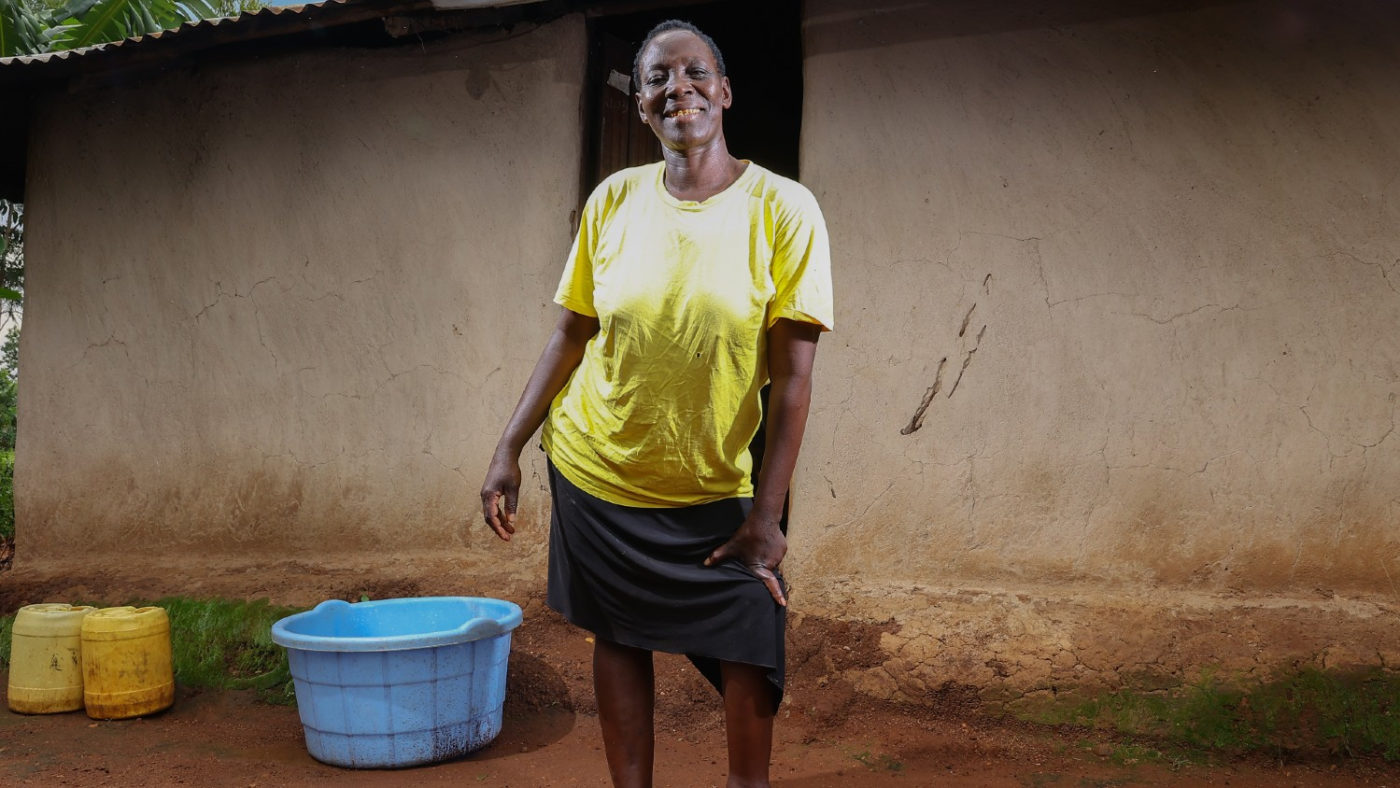
“People said I will not be able to see my children through school – that because of my disability I cannot look for money. I remember somebody once came to me and asked that my daughter goes to work for her as a house help but I refused.”
Maren is a farmer from Homa Bay County, Kenya, and has a physical impairment. When she lost her husband eight years ago, she was left without any form of employment or income to support herself and her two children.
She now supplies sorghum to East African Breweries Limited (EABL), who use the crop to make Senator keg lager.
This initiative is part of the Global Labor Program – Inclusive Futures, which is working to embed inclusion and labour rights in the supply and distribution chains of EABL and Coca Cola Beverages Africa in Kenya. It builds on pilot work previously funded by UK Aid to find innovative ways to get people with disabilities into employment.
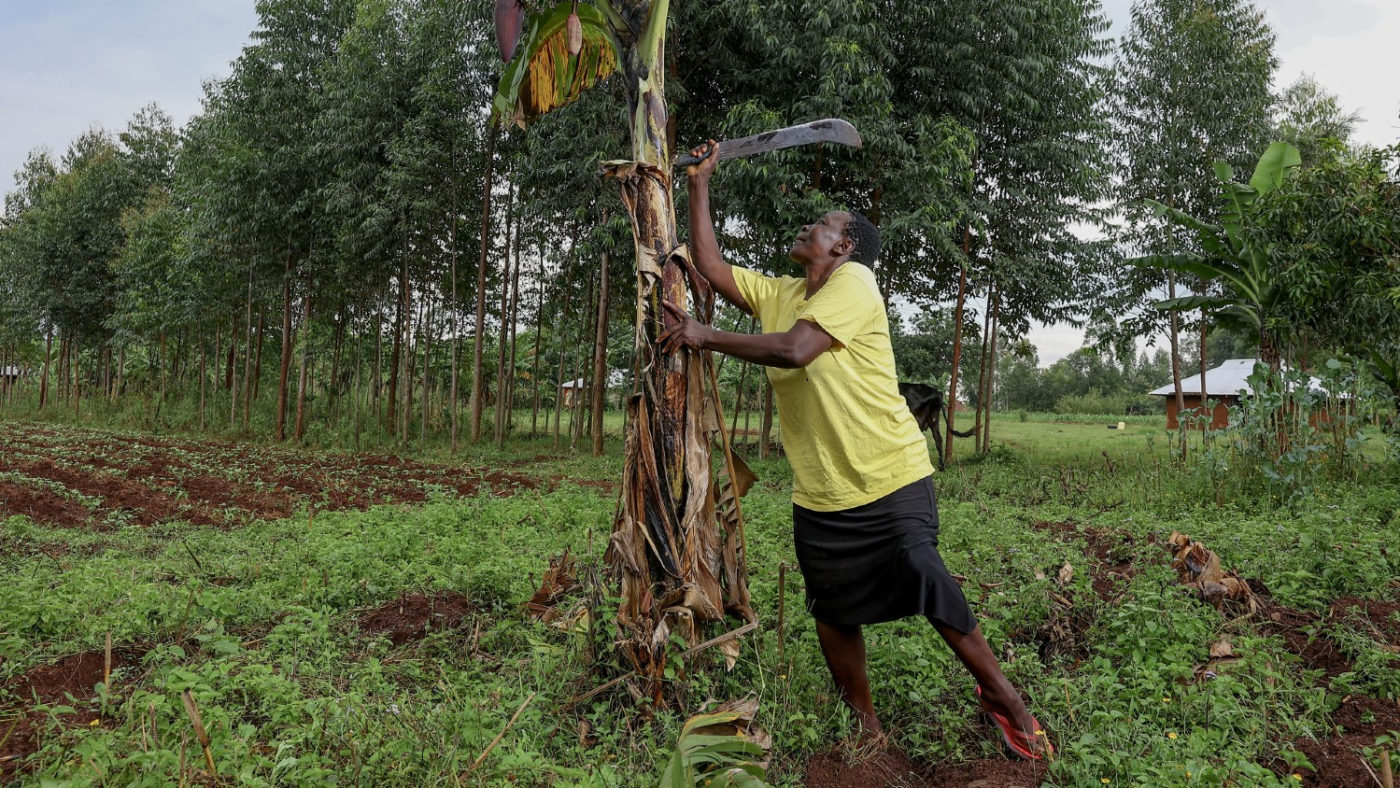
When Maren’s husband died, people in her community questioned her ability to farm and provide for her family:
“People said I will not be able to see my children through school – that because of my disability I cannot look for money. I remember somebody once came to me and asked that my daughter goes to work for her as a house help but I refused.”
Through the programme, Maren was given seeds and fertiliser to start growing sorghum, and training on modern farming methods and how to market her products. At harvest time, EABL come and collect her sorghum crop directly from her farm.
“Sorghum farming is what has sustained me thus far. I’ve been able to educate my two children. When their father passed on, the oldest had not yet joined form one but she has since completed form four and is waiting to join college. Her brother has also joined form one.”
Maren’s achievements through the project, have helped to change attitudes in her community:
“Initially, they didn’t want to farm sorghum because it has no market and brings no profit. They preferred to plant maize because it can be sold to school, but I told them there is a ready market. I explained that once you harvest, EABL immediately takes it.”
“If it were not for the support, I wouldn’t be where I am today. Maize only fetches 40 Kenya shillings for every two kilograms compared to Sorghum which fetches 130 shillings for the same quantity.”
“This initiative has even made the woman who approached me to give her my girl as a house help to come and work for me. She came and worked in my farm, and I paid her. I am grateful, because even those who did not see a future for us came and asked me how they can be introduced to this sorghum farming.”
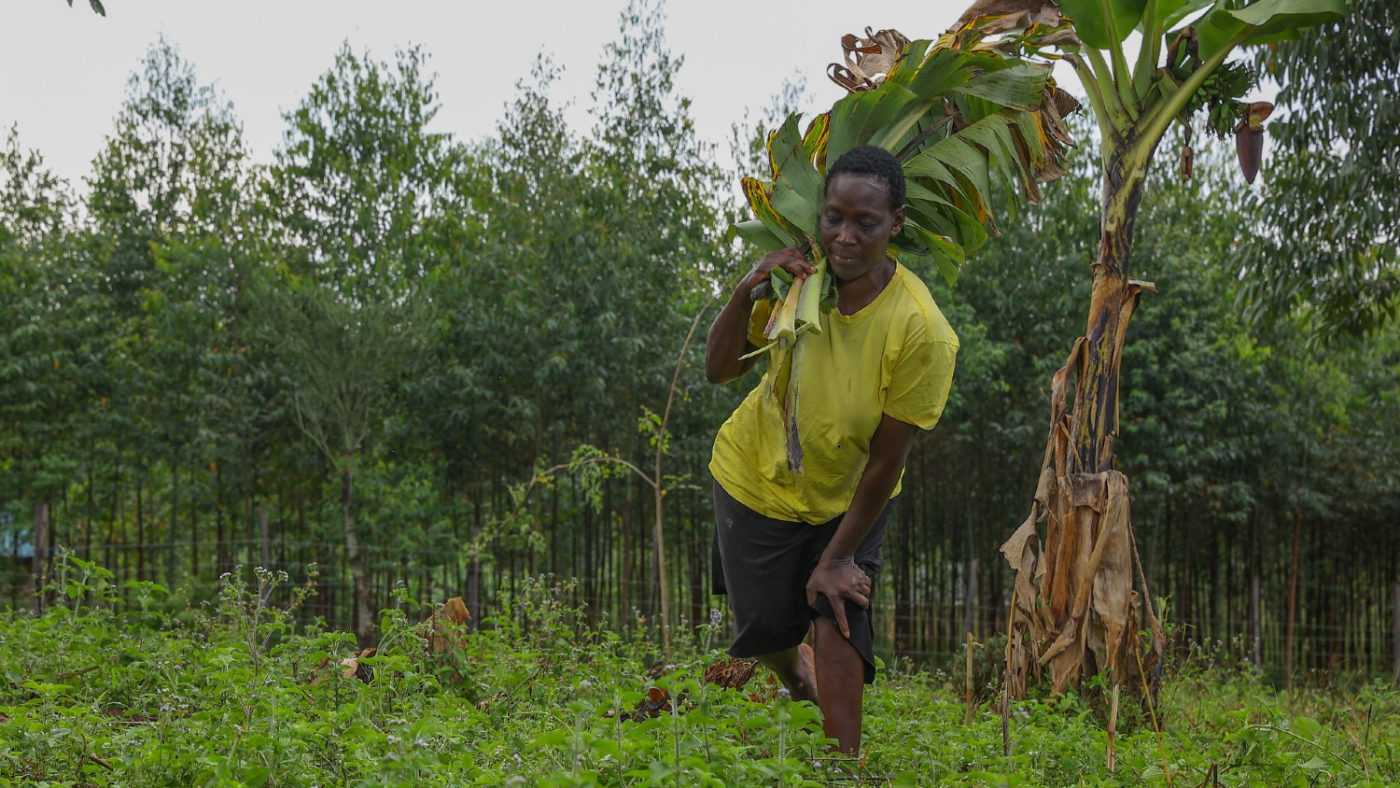
Despite these successes, Maren still faces challenges:
“I can’t say my income is sufficient. Because I live with a disability, it is challenging to monitor the farm’s progress, to source seeds and fertiliser. This coupled with the fact that I have to attend to my home’s needs, given my children are away, is quite challenging.”
“When I farm, birds come and destroy the produce in case there’s nobody to monitor. When I expect ten sacks after the harvest, I only get a maximum of six just because of the destruction the birds have caused. I don’t have money to employ someone to take care of the farm produce.”
Maren believes that more should be done to ensure people with disabilities are better represented in their communities and government:
“If there’s somebody with a similar disability, they will understand what we are going through. He or she can fight for us to get what we want. In the village where we are, the village elders who assist the chiefs with some ideas, not one lives with a disability.”
Hear Maren tell her story:
More news and opinions
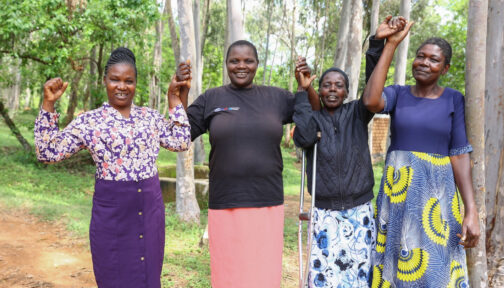
Empowering women through the Global Labor Program
On International Day of Rural Women, we share how the programme is empowering rural women in Kenya by ensuring they have the skills, knowledge and opportunities to thrive.
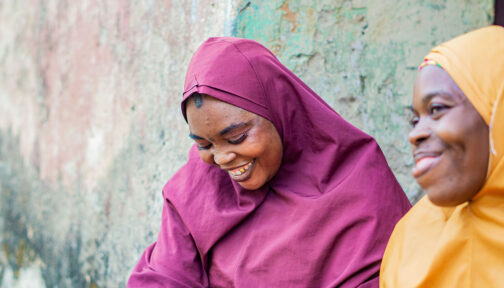
From Kenya to Berlin: conferences in Nairobi hailed as opportunity for disability rights progress
In the run-up to the Global Disability Summit (GDS) in April 2025, the African Disability Forum conference and African Regional Pre-Summit of the GDS are critical for advocating for change.
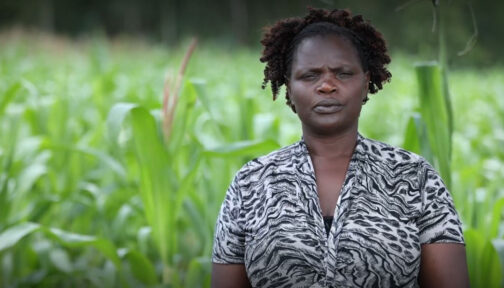
Labour Day 2023: promoting labour rights in Kenya
Every year on 1 May, the Central Organization of Trade Unions Kenya holds an event in Nairobi to raise awareness about labour issues and advocate for better laws to protect workers’ rights.
